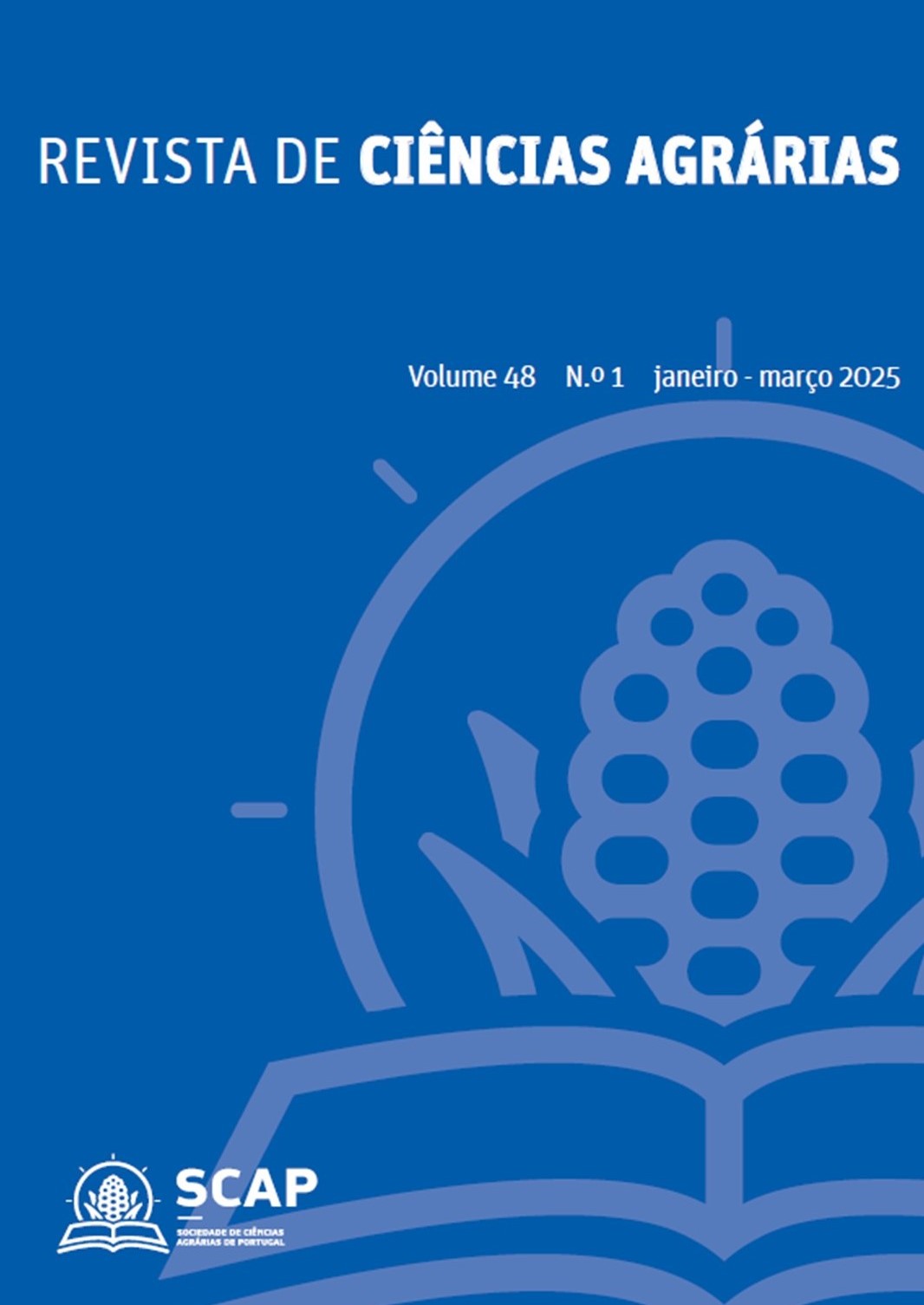Utilização de abordagens machine learning para analisar as diferentes inter‑relações do carbono orgânico do solo: Avaliação do caso específico de Portugal
The specific case of Portuguese land
DOI:
https://doi.org/10.19084/rca.40281Resumo
Given the importance of soil organic carbon (SOC) for sustainability, policymakers and researchers are particularly concerned with identifying the conditions that promote carbon storage in the soil. These assessments provide relevant support for the design of policy instruments aimed at increasing soil quality and its carbon sequestration capacity. The new technologies associated with the digital transition can bring relevant added value, namely through artificial intelligence methodologies, where machine learning approaches are important. In this context, this research aims to analyse the several interrelationships of SOC in the specific Portuguese context, with a focus on highlighting its main predictors and providing proposals for stakeholders (including policymakers). To achieve these objectives, statistics from the INFOSOLO database were considered and evaluated using machine learning algorithms to select the most important SOC predictors and identify accurate models. These interrelationships were quantified with cross‑sectional regressions and optimisation models. The results obtained provide relevant information for the design of adjusted policy measures that promote sustainable practices and increase soil quality. Generally, Portuguese soils have low organic carbon content due to soil features, climate circumstances and land management. Adjusted management of agroforestry activities is possibly the easiest part to deal with in this context.


